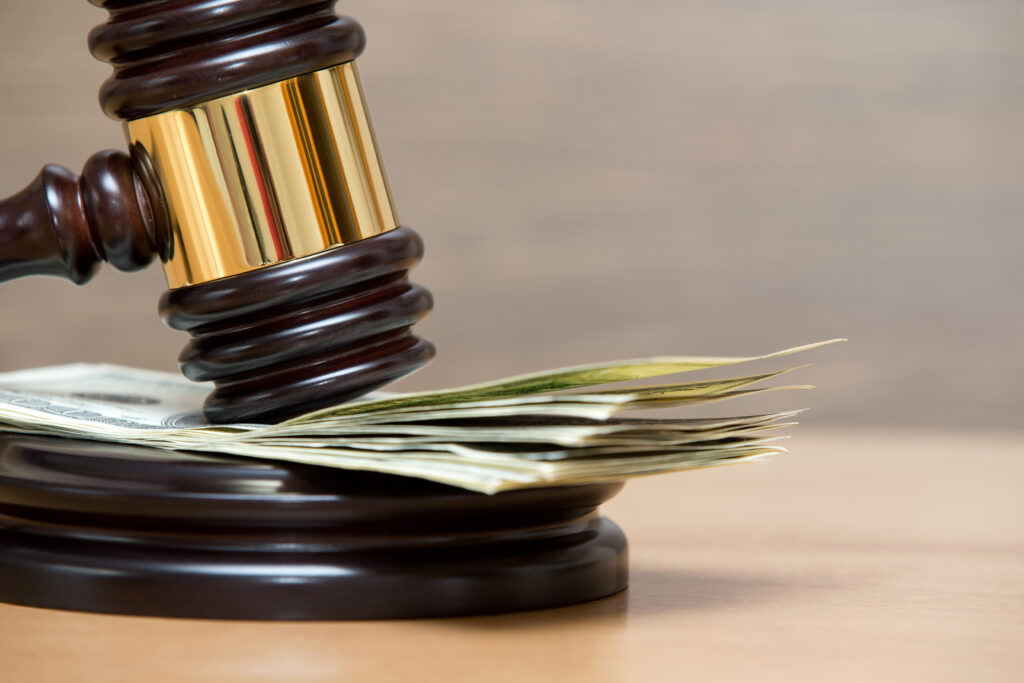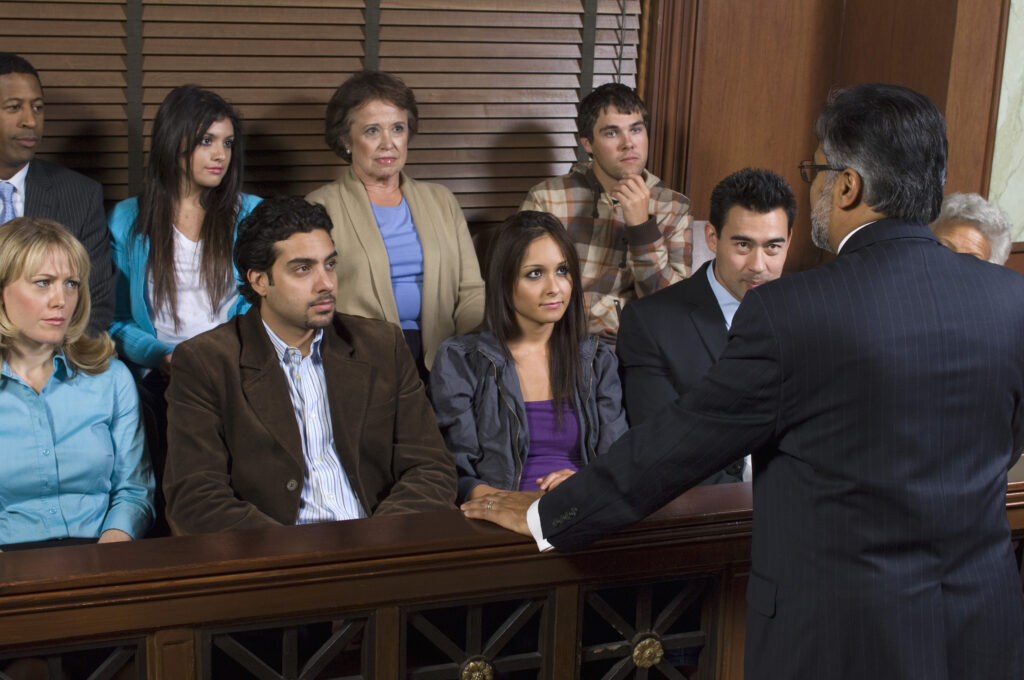At a U.S. Senate Judiciary Committee hearing last fall, John Beisner, a partner at Skadden, Arps, Slate, Meagher & Flom LLP, said the asbestos litigation system “suffers from the abuse inherent to its lack of oversight.”
The problem lies in the opaque nature of asbestos litigation proceedings. Over 100 asbestos defendants have gone into bankruptcy since the litigation started, which led to the creation of bankruptcy trusts. These trusts, which are run by plaintiffs’ lawyers, were established to help companies pay those who were affected. Since the lawyers run the trusts, they control how the payments are made.
Unfortunately, there is little to no transparency or accountability in the system. The funds are left wide open to fraud and abuse by the plaintiffs’ lawyers who run them. One common practice, known as “double dipping”, is when a lawyer makes a claim to the trust while also suing the solvent company at the same time.
Each trust operates completely independently from one another. Claims information is kept from both other trusts and defendant companies. Combine this lack of transparency with the inherent, built-in conflict of interest and you have an environment ripe for abuse.
A Justice Department official has acknowledged “a general lack of transparency in the operation and oversight” of the trusts that may lead to “illegitimate claims.” In fact, a 2016 study of the Garlock bankruptcy found there were discrepancies in 21 percent of the claims studied. The more “illegitimate claims,” the official said, the greater the chance they “may dilute the amount of recoveries available to” other claimants.
Thankfully, a legislative solution is easy. Congressional action could introduce transparency into the asbestos litigation system by requiring the trusts to notify courts of who is making the claims against them. This would help stop double dipping, while also ensuring that enough money is left for future claimants as well. The House-passed Furthering Asbestos Claim Transparency Act would do just that.
This is a simple fix to a major problem. Plaintiffs’ lawyers have completely gamed the system, which threatens the likelihood that future claimants have access to the funds they need. Congress should take up asbestos legislation right away, before it’s too late.



